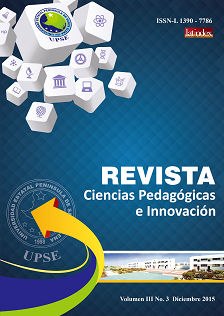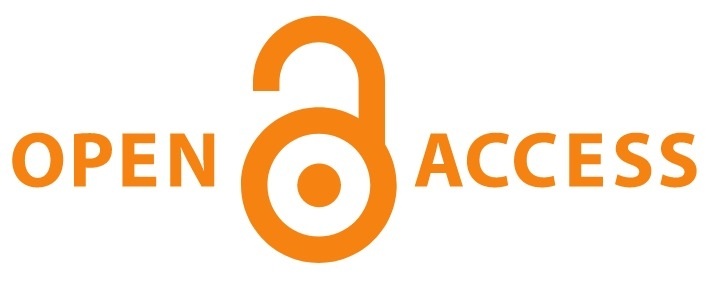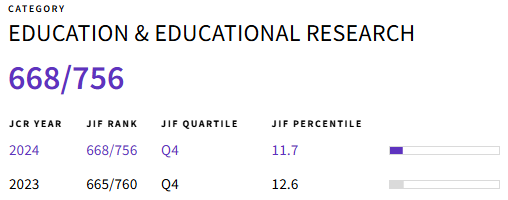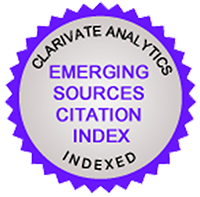Causes affecting educational vulnerability groups: solutions from the socio-critical pedagogy. Bolivar Province.
DOI:
https://doi.org/10.26423/rcpi.v3i3.69Keywords:
educational vulnerability, strategies, learning environments, socio-critical pedagogyAbstract
Migrations, social inequality, uprooting and problems related to the teaching-learning process have a negative influence on the life of children and youngsters in Latin America, particularly in Ecuador. It is necessary to potentiate academic management in order to support vulnerable groups in correspondence with national educational policies. For these reasons, a study on learning environments and vulnerable groups in educational institutions in the Bolivar Province is carried out. Research is applied with elements of the interpretive method and fundaments of Socio-critical Pedagogy. To assess the context of these groups in the province, authorities, student advisors, and teachers filled in two questionnaires. Besides, in all cantons’ educational centers, a classroom observation guide was used with the teachers who participated in the survey. The obtainedresults detected vulnerable groups as well as the causes that influence this problem, educational vulnerability, caused by physical and mental disability, dysfunctional families, migration, poverty, and an inefficient academic management of such groups. From the analysis and interpretation of the results, the theoretical and empirical methods, this research presents a didactic guide containing active participation strategies aimed to include students in different learning environments in order to solve the problem, they will be discussed in training workshops together with educational authorities, teachers, and families of the province, which will contribute to the integral and individual formation of scholars and will support the formation of students at the Faculty of Educational Sciences.
Downloads
References
Alvarado, L.; García, M. Características más relevantes del paradigma socio-crítico: su aplicación en investigaciones de educación ambiental y de enseñanza de las ciencias realizadas en el Doctorado de Educación del Instituto Pedagógico de Caracas. Sapiens. Revista Universitaria de Investigación, Vol. 9, Núm. 2, Diciembre, 2008, pp. 187-202. Universidad Pedagógica Experimental Libertador. Caracas, Venezuela.
Bazán, D. Pedagogía social y pedagogía crítica: nexos y fundamentos básicos. Revista de Pedagogía Crítica. Año 1, No 1, Noviembre 2002. http://bibliotecadigital.academia.cl/hand - le/123456789/1609.
Constitución Sección Política. (2005). TÍTULO III: DE LOS DERECHOS, garantías Y DEBERES. Capítulo. De los derechos económicos, sociales y culturales. Disponible en: http://www.explored.com.ec/ecuador/consti/titu34e.htm
Décima reunión en Jomtien, Tailandia, 22- 24 marzo. (2011). Disponible en: http://www.unesco.org/new/es/education/themes/leading-the-international-agenda/education-for-all/coordination-mechanisms/high-level-group/10th-meeting-jomtien-thailand/
Nuevo informe conjunto del instituto de estadística de la UNESCO y UNICEF. (2015). Disponible en: http://www.comisionunesco.mec.gub.uy/innovaportal/v/64887/40/mecweb/nuevo_informe_conjunto_del_instituto_de_estadistica_de_la_unesco_y_unicef?parentid=64177
Downloads
Published
Issue
Section
License
El titular de los derechos de autor de la obra, otorga derechos de uso a los lectores mediante la licencia Creative Commons Atribución-NoComercial-CompartirIgual 4.0 Internacional. Esto permite el acceso gratuito inmediato a la obra y permite a cualquier usuario leer, descargar, copiar, distribuir, imprimir, buscar o vincular a los textos completos de los artículos, rastrearlos para su indexación, pasarlos como datos al software o usarlos para cualquier otro propósito legal.
Cuando la obra es aprobada y aceptada para su publicación, los autores conservan los derechos de autor sin restricciones, cediendo únicamente los derechos de reproducción, distribución para su explotación en formato de papel, así como en cualquier otro soporte magnético, óptico y digital.

















